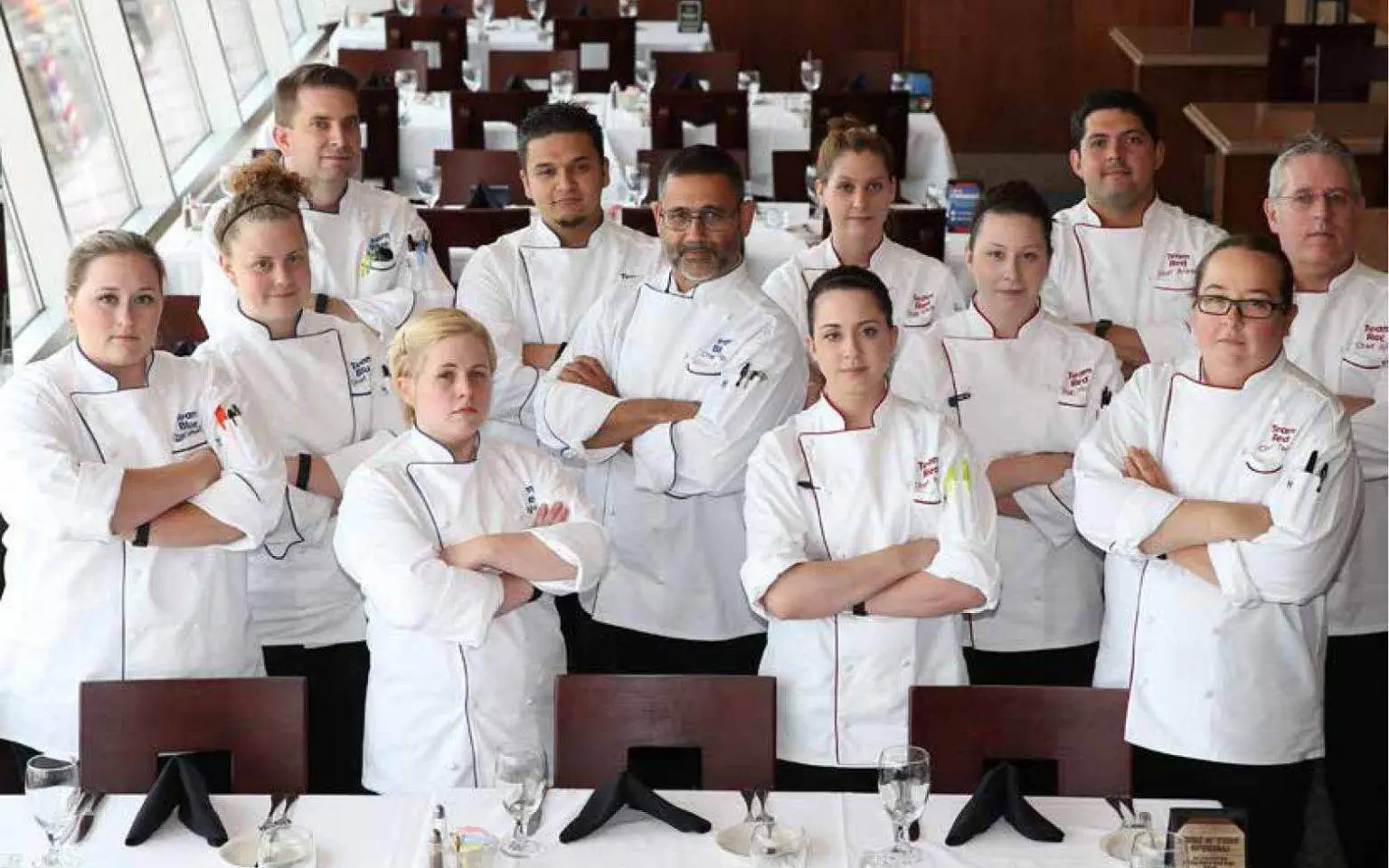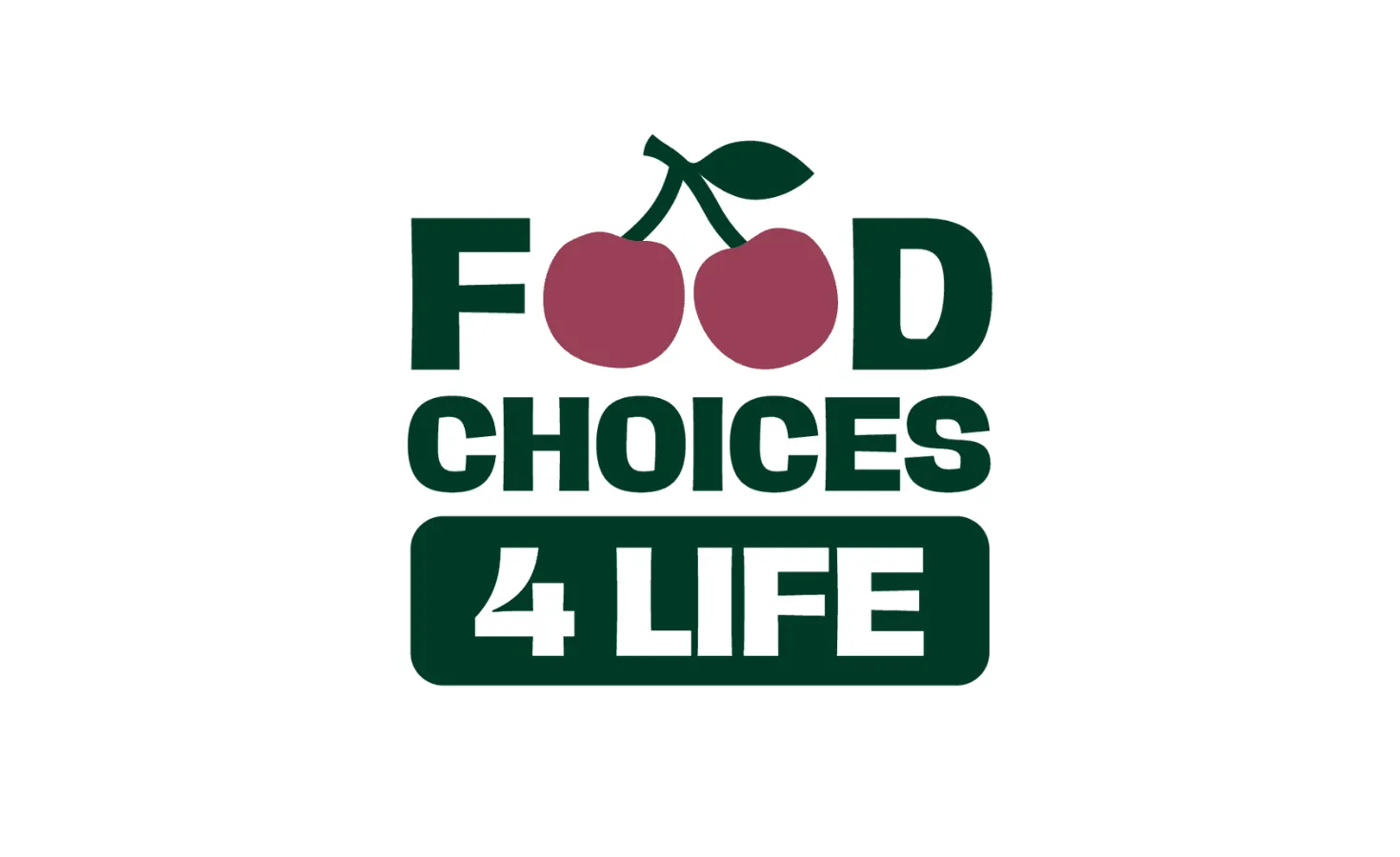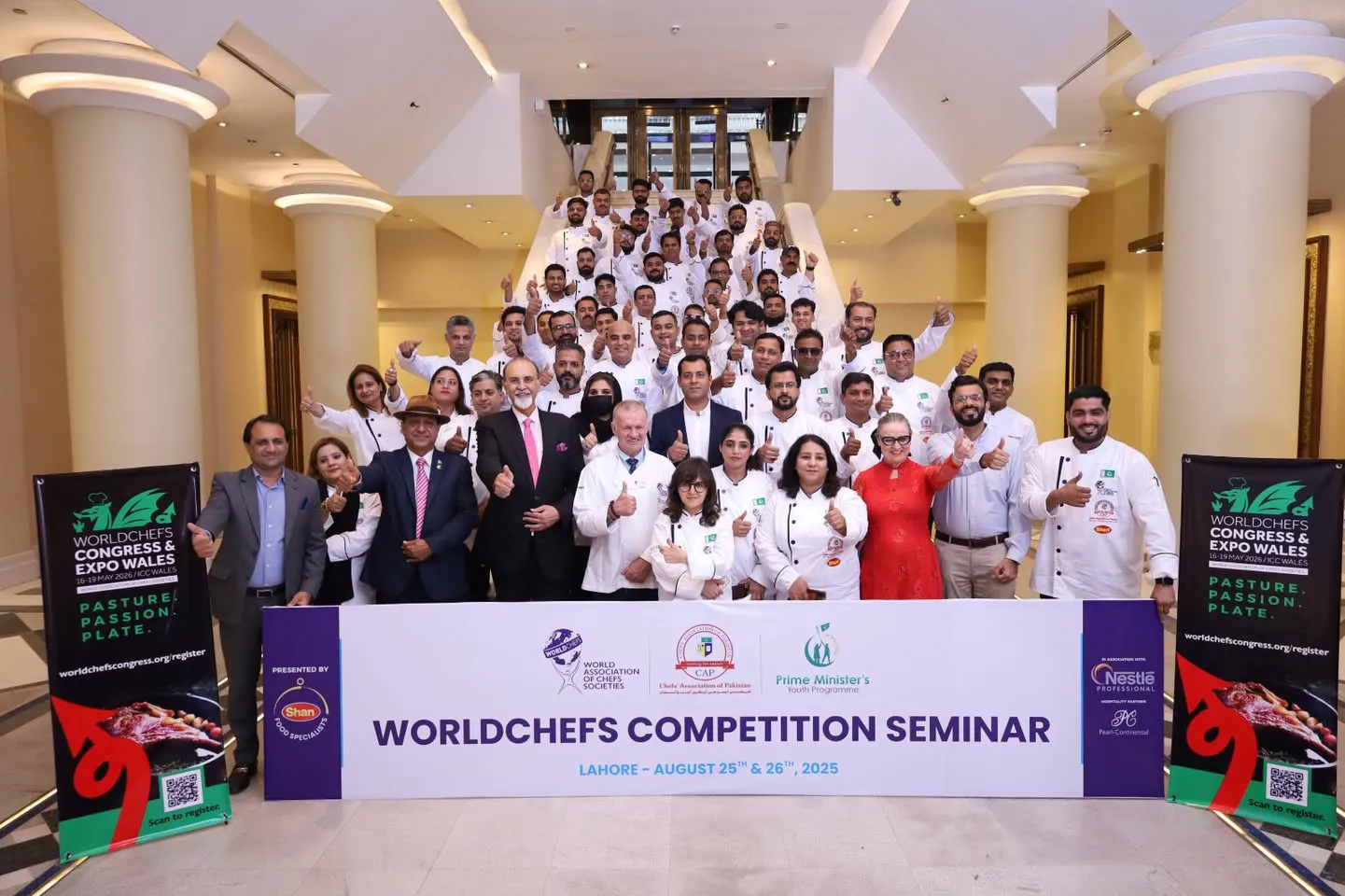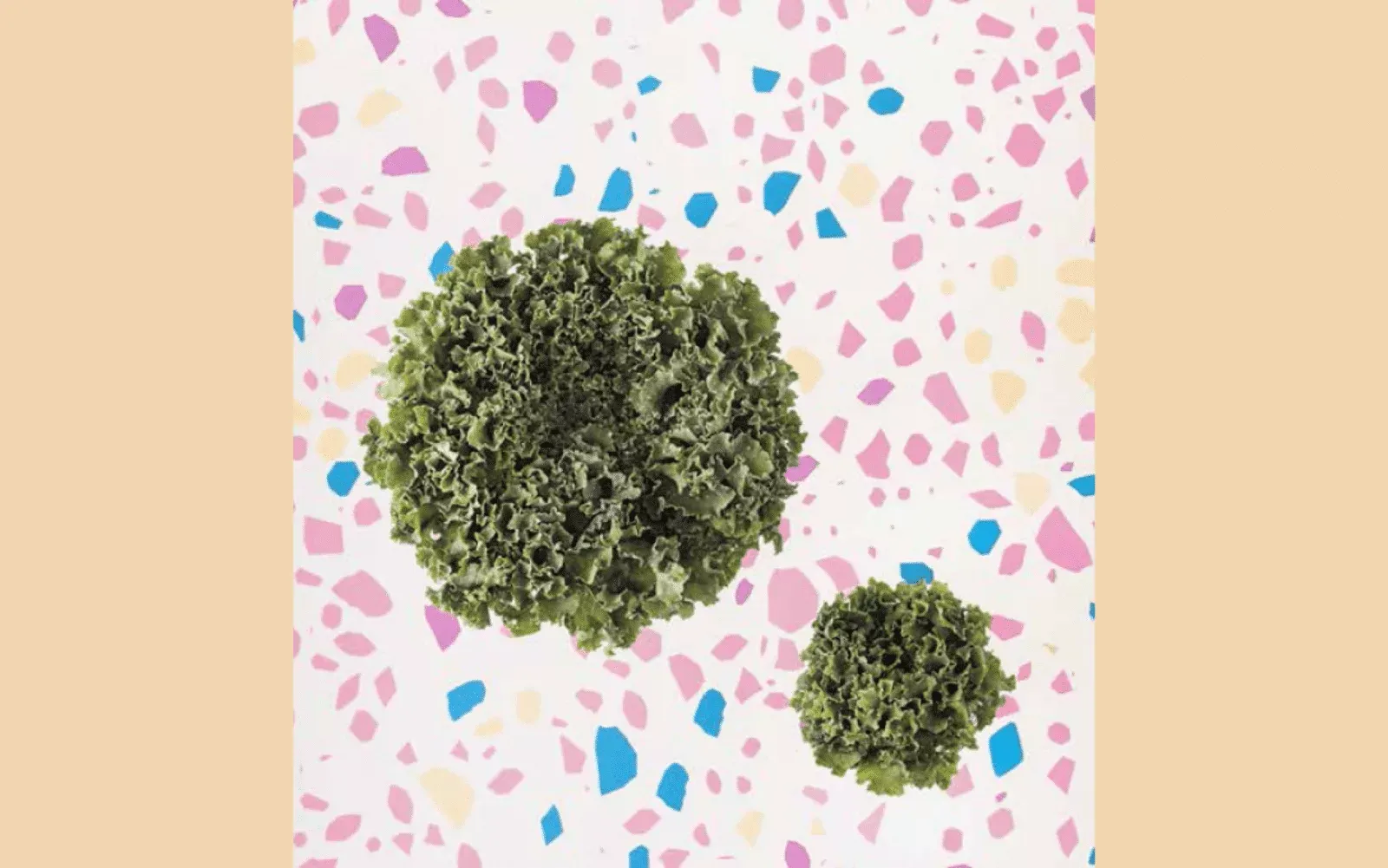Negative stress has become an accepted norm in professional kitchens and numbers show that the industry suffers as a result. To test if stress is really indispensable to chefs, Electrolux Professional carried out a social experiment with two teams of chefs preparing the same menu but with different equipment and stress levels. In the end, guests ranked the teams’ food as equally delicious – proving that stress isn’t a necessary ingredient to create great tasting food.
There has never been a more exciting time to be a chef. With the rise of foodie culture, restaurant-goers have become more adventurous than ever. According to the National Restaurant Association, 66% eat a wider variety of ethnic cuisines now than they did five years ago.
With a more sophisticated audience comes added pressure on chefs to continuously invent and deliver. And lauded chefs who praise their eccentric life in the kitchen tend to reinforce rather than challenge the growing culture of negative stress.
Numbers confirm that the industry suffers as a result. Electrolux Professional recently assigned a business intelligence agency to conduct a survey among chefs and culinary professionals in the US. The results show that 79% experience negative stress at work at least once a week, making them feel irritable, distracted and anxious. Almost half (44%) state that they have been on sick leave due to stress syndromes, and 55% have used or considered using prescription drugs to calm down after a stressful day at work.
“We live in a time when people care more about the story and process behind the food on our plates. But there’s a missing link in the farm to table movement – chefs. We believe that great food can be created through a happier, healthier work-life in the kitchen, and that’s why we wanted to test if negative stress really is indispensable,” says Corey Siegel, Electrolux Professional Corporate Executive Chef for North America.
Electrolux Professional carried out a social experiment with two teams of chefs – one red and one blue. They wore heart rate monitor watches and were instructed to prepare the same menu consisting of four dishes, using different equipment. To provoke negative stress, the red team was instructed to prepare their dishes with only the standard appliances for professional kitchens.
The blue team worked with the help of Electrolux Cook&Chill, a system that can help combat common sources of stress in the kitchen. The air-o-steam Touchline combi oven and air-o-chill blast chiller help ensure consistent food quality, streamline team workflow and lets chefs save time on mundane tasks like continuously checking the oven, so that they can get creative and invest their time in perfecting new dishes instead.
Data showed that chefs in the red team were more stressed. Compared to the blue team, they spent more than twice as much time close to their maximum heart rate – 151 minutes versus 72 minutes for the chefs in the blue team. Chefs in the red team were thus forced to work at a high pace throughout the experiment because of their working conditions, whereas the blue team could afford to take a less stressful approach.
Although small amounts of stress can sharpen your performance, excessive stress can take a toll on the body. Research shows that high levels of stress over a prolonged period of time can contribute to a number of health problems, such as high blood pressure, diabetes, and heart disease.
The red team, not being able to streamline the work as much, also wasted time and energy taking around 2000 more steps per chef than the blue team – contributing to a less relaxed working day. Yet, despite the extra energy spent and elevated heartrate of the red team, guests ranked the food presented by the teams as equally delicious.
“Being part of this experiment gave me a new perspective on my everyday life as a chef. I find myself questioning old norms and I know I’m not alone. If we want cooking to be truly sustainable, we have to start challenging the perception that negative stress is necessary to create great tasting food. We will all benefit from it, because in the end I believe that happy chefs create better food,” says Chef Philip Lloyd, chef from the blue team, Culinary Instructor at The Art Institute of Charlotte and owner of Certified Chef’s Cuisine.
Watch the social experiment below:






